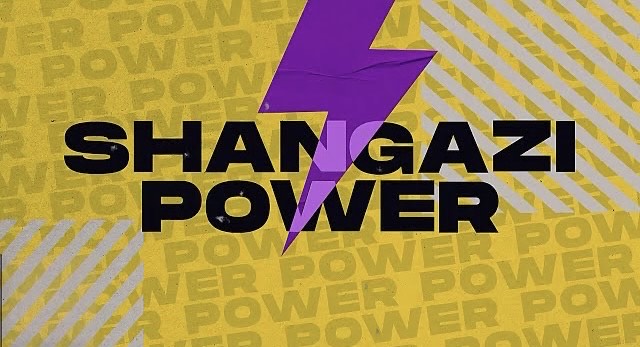
With Shangazi Power we aim to shift social, cultural, and historical narratives around women in civic space as a pathway to
motivate their participation in democracy.
Several studies have shown that systems of oppression, such as dictatorships, and patriarchy often intersect and reinforce one
another. This has been evident in Africa where patriarchy has remained entrenched in all levels of society, and reverence for
the Strong Leader (the Strong Man Syndrome) is still acceptable and tolerated. In recent years we have seen the revival of the
syndrome in East Africa leading to increased repression and backlash against those who challenged leaders or the patriarchal
image. Oppressive systems in East Africa have been challenged since independence (and even during the struggle for independence)
by women who faced the dual challenge of overcoming both a political system and defying the patriarchy within movements and
society at large.
Studies have shown that beyond gender-specific movements, and frequently without recognition, women activists have organized and
led countless movements for rights and freedoms around the world. However, women activists continue to face a myriad of challenges
- are labelled loose, unmarried, ugly, and unwanted to try and strip them of their dignity and thereby undermine their activism.
Very often their activities are not covered by mainstream or social media, also due to entrenched patriarchal systems.
We recognize the importance of highlighting and amplifying the roles and achievements of exceptional women activists, to thereby
expand spaces, networks, and encourage more women to engage in activism.
Shangazi* Power
- amplifies women's voices through storytelling as an effective way for women to empower themselves by sharing their experiences and the challenges they lived through.
- fills in this important gap by telling the stories of these exceptional women and thereby shape perception.
- uses strategic communication to amplify the voices of women-led organizations and support their strategic communication. This strategy is aimed at strengthening women's movements in East Africa to become more effective, more resilient, more visible, and thereby contribute to creating an safer environment for all women activists.
* Shangazi in Kiswahili means paternal aunt and in may cultures of the region is one of the most powerful female figures in a family. There is a Swahili saying: "Shangazi ni Baba" which connotes that in the absence of the Father, the Paternal Aunt is looked upon as decision maker. The term is very respectful and different from the generally used "auntie". It gained more respect and special status in Tanzania during the reign of John Magufuli, when in 2018 he threatened people from Southern Tanzania and warned them in a speech not to try to protest otherwise he will send in forces to beat their "shangazis". This speech that was laced with such shocking violence against women that it riled up a number of them who until then, and going forward have been very critical of Magufuli's governance. Prominent "Shangazis" included Fatma Karume, Maria Sarungi, Vicensia Shule. And with time, more and more joined the ranks. Today Shangazi remains an honorific, a way to recognize women who have challenged authoritarianism, fought for rights and stood up to patriarchy. Project Related Videos:
Bibi Titi Mohammed
Wangari Maathai
Jerotich Seii
Stella Nyanzi
Fatma Karume
Wanjeri Nderu
Judy Muthoni
Evelyn Acham
Ananilea Nkya
Sarah Bireete
